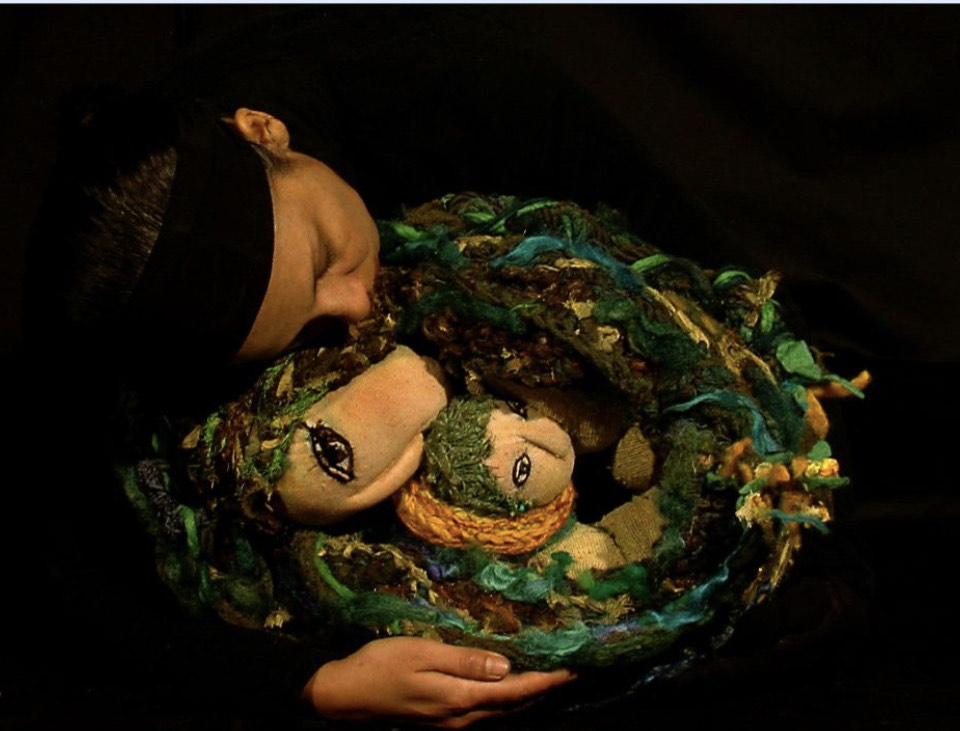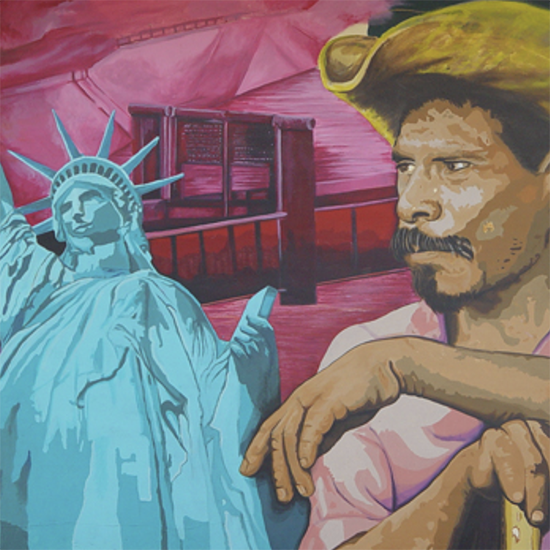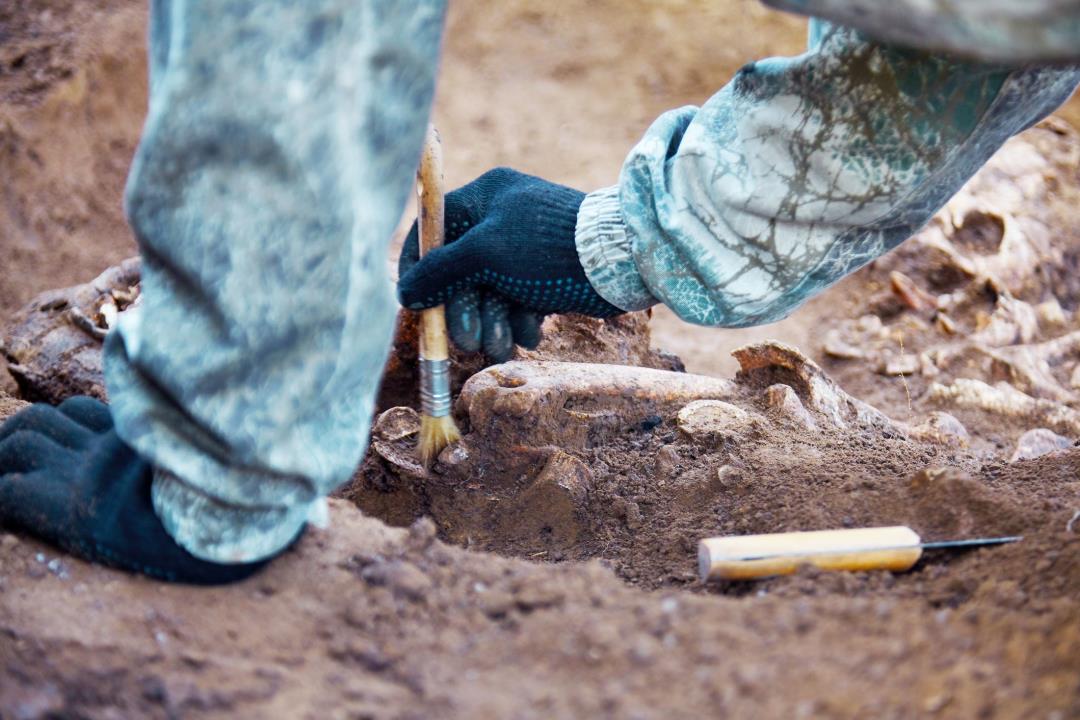of social justice, and injustice, at the U.S.-Mexico border, offering a variety of
perspectives and potential solutions.
The series, Sept. 18 through Oct. 16, will feature lectures by specialists, conversations
with activists, and workshops with artists, among other events. Through dialogue,
exhibitions, and performances, attendees will be challenged to recognize how “border
issues” not only acutely impact those navigating the borderlands, but also how they
concern us all. Topics include border-crossing, farmworkers, and the environmental
consequences of the wall.

“Maki Maki Theater” by Gabriela Galup, a Peruvian-born Tucson artist who uses textiles
and puppetry to create commentary on this era of mass displacement.
“Borders are built by people who want to keep other people away from them. They, by
design, project a built-in social hierarchy that screams, ‘We have power over you,
the places you go, the people you see, and sometimes your very survival,’” said Diana
Barnes, Skidmore senior teaching professor of Spanish and co-organizer of the series.
“This project intends to present different messages from the border – messages that
acknowledge the powerful voices that mostly go unheard, coming from the people who
live with the consequences of the border wall at the southern edge of the U.S.”Diana Barnes, Senior Teaching professor of Spanish and Series Co-organizer
Highlights of the series, which aims to draw attention to the human consequences of
evolving border policies, include:
- David Romo, a historian and musician from El Paso, Texas, and his band Los Liminals
will perform at Caffe Lena on Thursday, Sept. 21. - On Oct. 13 and 14, the Tang Teaching Museum will host “The Art of Resistance,” a series
of talks, performances, and workshops with three artists whose work transforms the
border wall into a canvas that conveys the humanity in the divide. Presenters include
textile artist and puppeteer Gabriela Galup, born in Peru and now based in Tucson,
Arizona; muralist Jesus “CIMI” Alvarado of El Paso, Texas; and metalsmith and woodworker
Álvaro Enciso, born in Colombia and now based in Tucson. - Documentarian Zachery McMillan will present his film “Invisible Valley,” a 2021 documentary
about the imminent environmental and social crisis in California’s Coachella Valley,
on Oct. 16. - Virtual speakers include interdisciplinary scholar Ruben Zecena, who chronicles queer
migration experiences; Enrique Valenzuela, demographer from Ciudad Juárez, Mexico,
who presents on his experience overseeing and providing care for the city’s migrant
population; and Mary Mendoza, Penn State historian of the U.S./Mexico borderlands,
who considers the intersections between natural and built environments, specifically
through fence construction. - In-person speakers include scholar Jean Eddy Saint Paul, from Brooklyn College, who
discusses the Haitian migrant border-crossing experience; and author and professor
Gina Pérez, a cultural anthropologist who presents on sanctuary movements and Ohio
faith-based organizing in Latino communities.
schedule, with additional details about each offering, is available online.
The series, supported by Skidmore College’s Office of the President, Racial Justice
Initiative, and contributing departments, programs, and offices across campus, is
organized and coordinated by Senior Teaching Professor Barnes and Oscar Pérez Hernández,
associate professor, director of Latin American, Caribbean, and Latinx studies, NY6
Mellon fellow, and special assistant to the dean of the faculty.
Social (In)Justice at the U.S.-Mexico Border coincides with National Hispanic Heritage
Month, highlighting the intricate connections between this liminal space and U.S.
Latinx identities, histories, and experiences.

Zaki khan is a versatile journalist who covers a wide range of news topics with depth and precision. With an insatiable curiosity and a commitment to delivering unbiased reporting, Zaki brings readers up-to-date on the most significant events and stories shaping our world. In their free time, Zaki enjoys exploring new literature and volunteering in their local community.








:max_bytes(150000):strip_icc()/The-Best-Tea-for-Bloating-According-to-Dietitians-d9976f3ad6e44f88ae2efecd50b96fa9.jpg)